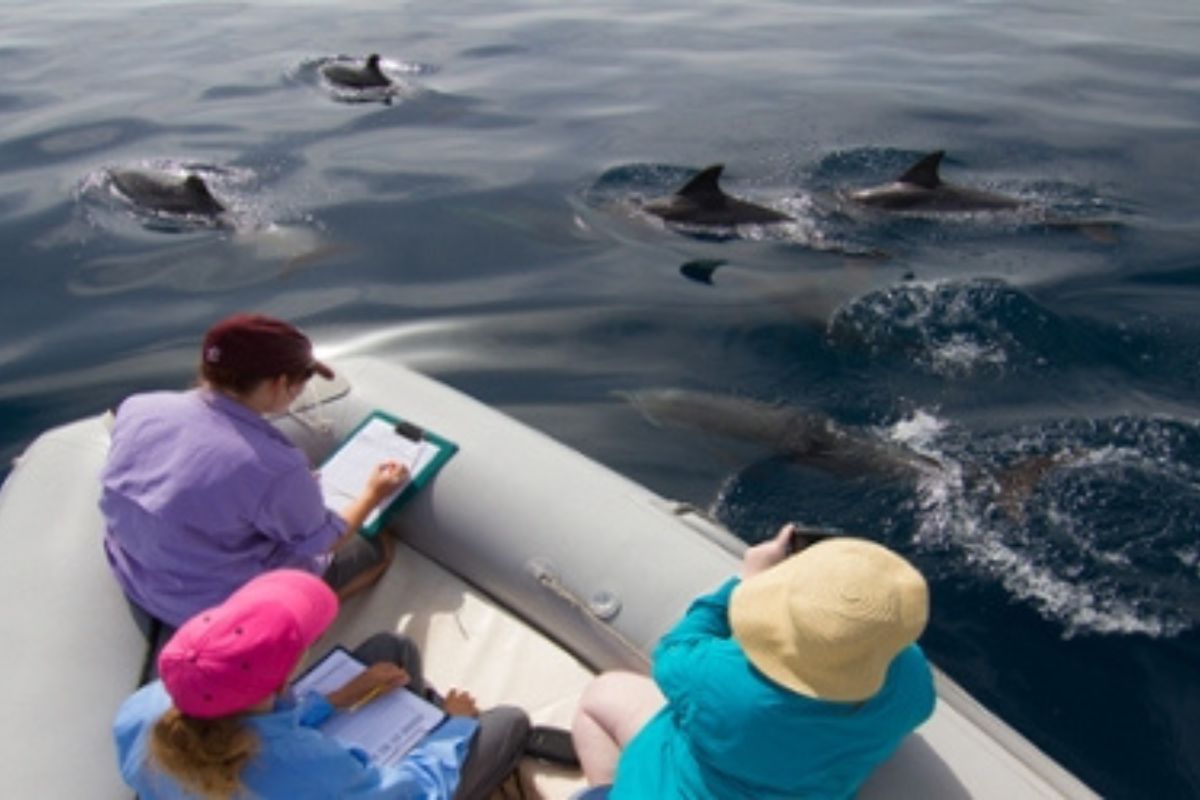The Marine Engineering Technology (MARR) non-license option program is designed to prepare the student for a career as an engineering technologist in the maritime profession. Students receive an education in applied engineering with a maritime focus, but do not plan to serve at sea. The MARR curriculum is a thermal power-oriented specialization of a classical Mechanical Engineering Technology program. A thorough preparation in mathematics, science, and basic engineering courses is the foundation for further study in ship propulsion plants and electrical power generation and distribution equipment. Marine Engineering Technology focuses on power cycles, principles, and methods used to convert the energy in fossil fuels into useful power, and the selection and operation of the major components and support systems in the power cycle. Courses in marine engineering are supplemented with studies in naval architecture and maritime application of electrical engineering fundamentals. The students' education is enhanced through the use of computer simulation of propulsion plants and direct operation of marine machinery aboard the University's training ship.
The purpose of the Marine Engineering Technology License Option (MARR-LIO) program is to train students to serve as engineering officers aboard sea-going vessels. In addition to the degree requirements for the Marine Engineering Technology (MARR) degree, MARR-LIO Cadets must complete the requirements to achieve a Merchant Mariner Credential (MMC) issued by the USCG. The requirements for the MMC are determined by International conventions, Federal law and regulations, and policies established by the USCG and the Maritime Administration (MARAD). The requirements for an MMC are subject to change according to developments at the International Maritime Organization, Congressional action, the Federal rulemaking process, and consultations between the USCG, MARAD, and the Maritime Academies. The student who successfully completes the program will be qualified to sit for the U. S. Coast Guard license examination as a Third Assistant Engineer of any gross tonnage upon oceans, steam, or motor vessels and issuance of Standards of Training, Certification and Watchkeeping (STCW) international endorsement as Officer In Charge of an Engineering Watch (OICEW).
What do you want to do with Marine Engineering Technology?
Career ideas for Marine Engineering Technology majors:
Engineering Technologist, Engineering Officer, Marine Engineer, Naval Architect

Average Salaries
Check out the salaries of Aggies who've graduated with this major!
Who Hires This Major
Search companies who have hired Aggies with this major!
